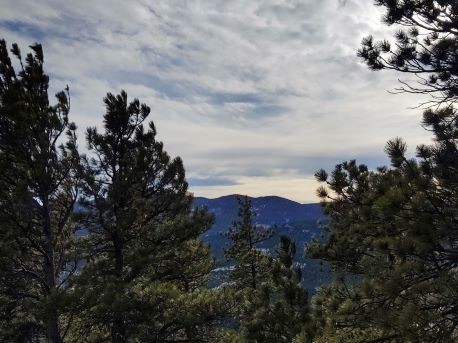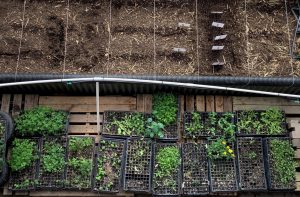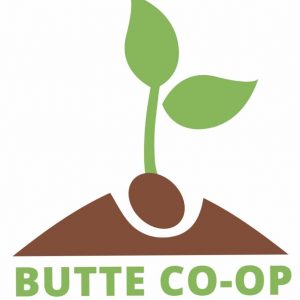By Maia Madrid
My term of service so far has been different from many of my fellow service members. I do few hands-on activities, minimal teaching, and little face to face communication. My day to day largely involves research, data, and the creation of educational products. It’s extraordinarily easy for me to forget why I’m serving—after all, my position often feels like a normal office job, exactly like many that my friends who went directly into the workplace following graduation. Obviously I know I’m doing a year of service, and that my time here isn’t just any job. It’s just rather easy to forget, which can, frankly, be a bit of a bummer when I look at the immediate impacts of my service.
Recently, my supervisor sent around a talk from Dr. Rob Davies, a physicist from Utah State University, regarding the Climate Change crisis. Of course, I love a lecture, so I immediately sat down to watch it. What followed was two of the darkest hours I’ve spent in a long while. It wasn’t because of the lecturer or presentational style– Dr. Davies is an engaging speaker, and the talk was well laid out. No, it was grim because of the data presented, the physical realities of climate change.
According to Dr. Davies, if we continue at the current high carbon emission rate we can expect to see an almost complete elimination of Rocky Mountain snowpack by 2090. Soil moisture will also drop catastrophically, making agriculture on the scale our society requires almost impossible. Even with moderate or low carbon emissions, drastic change will be inevitable and destructive. To combat this coming climate disaster, Dr. Davies encourages people both in and out of the environmental field to reduce carbon emissions by at least 15% annually.
The radical, anthropogenic change of our climate is grim, and there’s no way to sugarcoat it. Recognizing the dire straits humans are currently in, however, gives us an opportunity to rationally approach radical change. For me, climate gloom is a reminder that, while my service doesn’t feel as hands-on as running a community garden or teaching kids to recycle might, it still serves the country by helping to develop electric fuel infrastructure, which facilitates a move away from fossil fuels. We can’t cut our carbon emissions without moving far away from those high emission fuels. My term of service, then, is having an impact, even if it’s not as immediately visible. Seeing the benefits of my time here in Montana requires me to undergo a perspective shift from the immediate to the long-term, much like the perspective shift required to see the rational approaches necessary to combat climate change as a whole.








